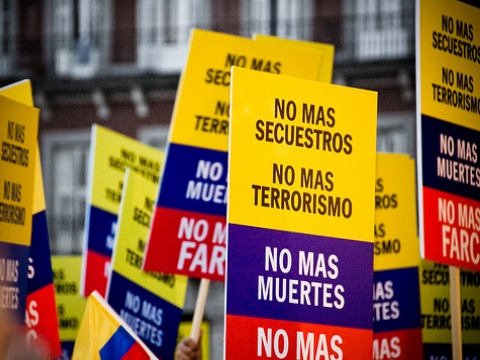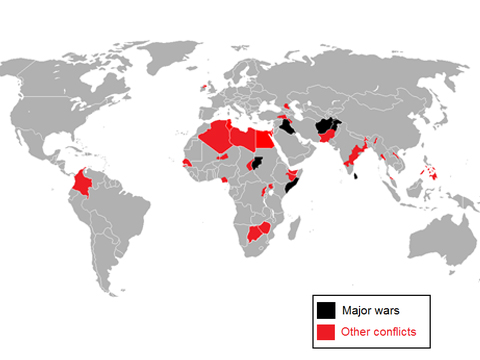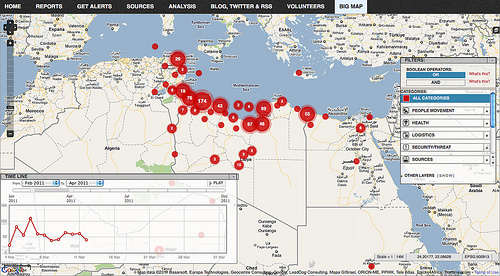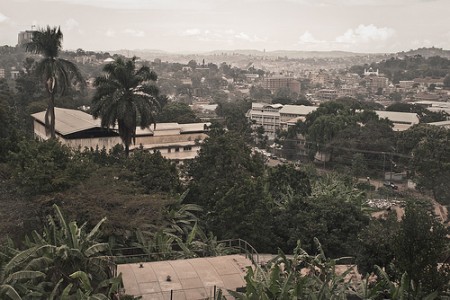Kofi Annan was in New York on 16 March to brief the Security Council on the mess that is Syria. But whatever (limited) hopes there might be of his ability to negotiate an end to the violence, the humanitarian mission also disguises a depressing reality: short of appeasement, the international community has no good strategy for responding to a well-protected regime intent on committing criminal acts.
Debates on what to do about Syria have – on the surface at least – moved on apace since the China/Russia veto last month (which was, in any case, over-hyped). Everyone seems to agree that Bashar al-Assad needs to stop killing and torturing civilians. As Ban Ki Moon put it on the anniversary of the uprising, “the status quo in Syria is indefensible”. In the rarefied domain of international politics, the widespread acceptance of this point counts as a victory. But beyond this limited solidarity, there is scant agreement over what practical steps to take.




